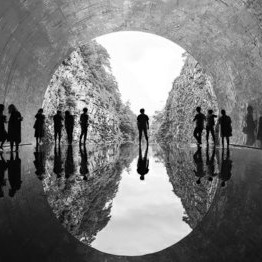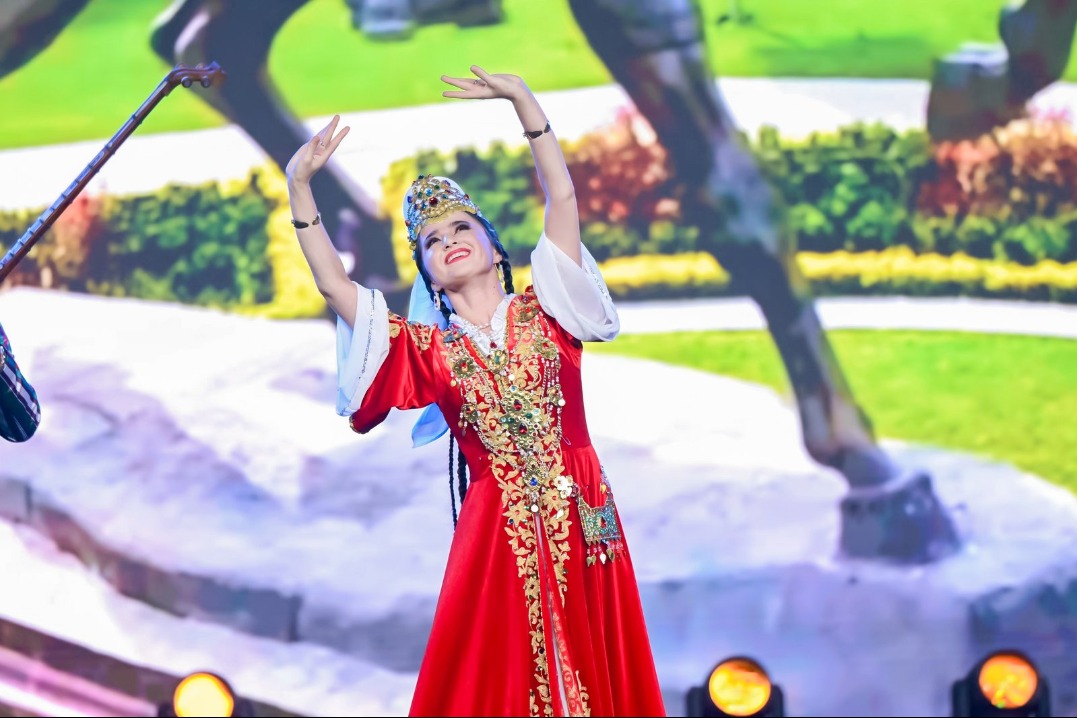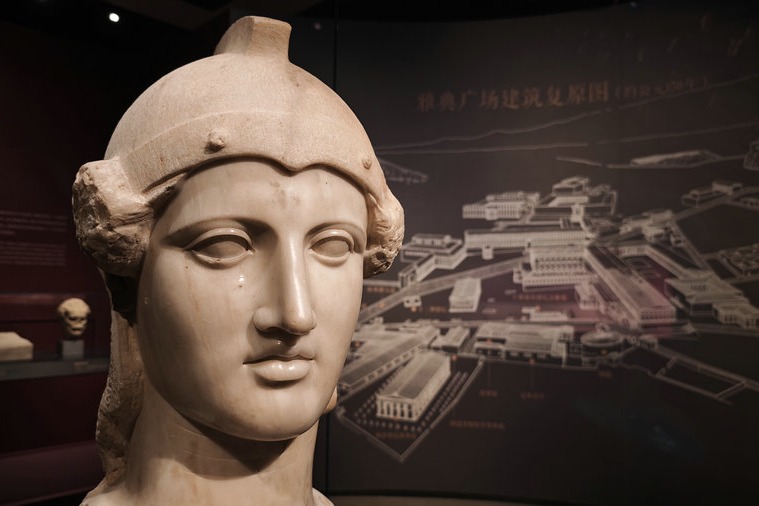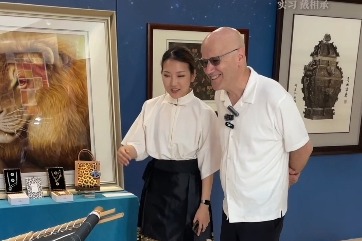Easing rural decline takes an artist's touch

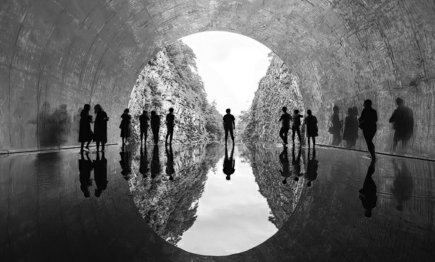
The Echigo-Tsumari Art Triennial, an outdoor art festival that spans 200 villages in remote mountainous areas in Japan's Niigata prefecture, has attracted more than half a million visitors, many of whom are designers, city planners and even Chinese government officials, according to Sun Qian, who is in charge of emulating the project in China.
Established in 2000, the art triennial was labeled "the art festival of Earth". It invites celebrated artists from all over the world to create artwork in rural areas, including empty houses, closed schools and rice paddies. It succeeded in sparking a revival of those rural communities that are mainly comprised of elderly people and children.
Apart from ordinary Chinese tourists, more than 50 government institutions from different cities and towns in China have visited the festival, hoping to learn how to revitalize rural areas with art, says Sun.
"I met acquaintances every day during my stay at the festival," says Sun of the popularity of the event among her friends. Many of them are involved in China's rural construction.
China faces the same problem as Japan: empty villages and aging communities, and Sun attributes the emphasis on rural revitalization to the passion of Chinese officials and her friends.
For the past decade, rural construction and revitalization have been at the top of the central government's agenda as it aims to inject new energy into "empty villages".
President Xi Jinping made rural revitalization a priority for governments at all levels at the 19th National Congress of the Communist Party of China in 2017.
Subsequently, artists in China joined the trend to use art as a creative way to engage in rural construction. Dozens of art festivals and events have taken place in villages since last year, many of which hope to stage a similar event to the Echigo-Tsumari Art Triennial in China.
Sun plans to create a model in Tonglu, a county surrounded by mountains and a river in East China's Zhejiang province.
"It's not simply moving artwork from cities to the countryside. It must involve as many groups as possible from society. Art is just a small part and a medium for the message," Sun explains.
"For us, art is created to solve problems. The art festival should help locals to solve certain problems, such as to erase poverty or to upgrade the local tourism industry," she says.
Her team signed a contract with Tonglu's local government in November to create a Chinese version of the Echigo-Tsumari Art Triennial. They are currently doing research.
Sun started her work at the Japanese art festival three years ago, when she began to bring Chinese artists to take part in a residency project called China House, where artists transform classrooms of closed schools into art spaces or installations.
"Doing this kind of site-specific work can offer fresh inspiration for artists. They communicate with locals and learn about their culture and history. Locals can also learn from them," says Sun.
Kitagawa Furamu, founder of the Japanese art event, says that the trend of 21st-century art is that it's leaving the confines of city museums and expanding in rural areas. He has helped organize several similar events in Japan that use art to revitalize depopulated places.
Furamu will be involved in the Chinese version. In fact, he has been invited to give speeches on the subject by many Chinese cultural institutions.
The Tonglu festival is set to open in 2020 and will be held every three years.
Although it will share some resources with, and take lessons from, its Japanese predecessor, Sun says that more time for research and preparation is needed, because China's situation is much more complex than Japan's.


